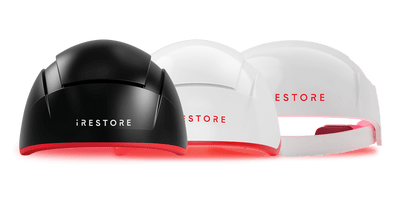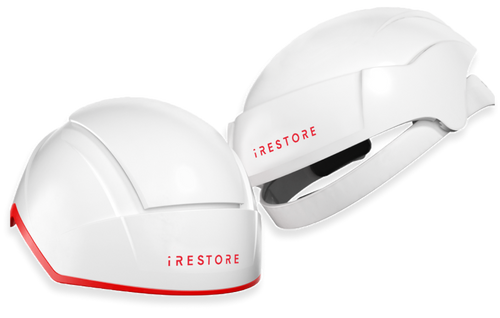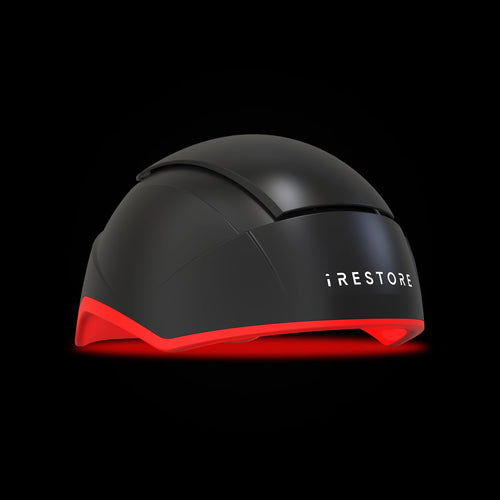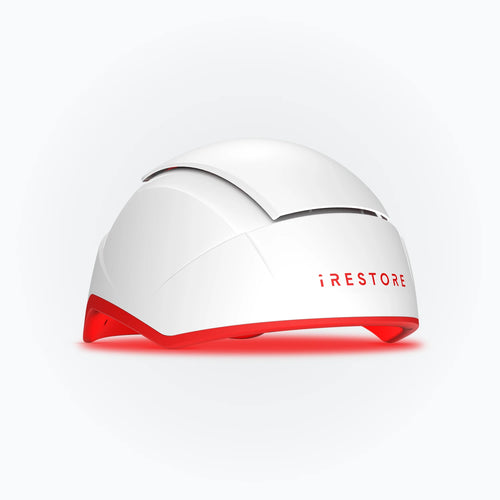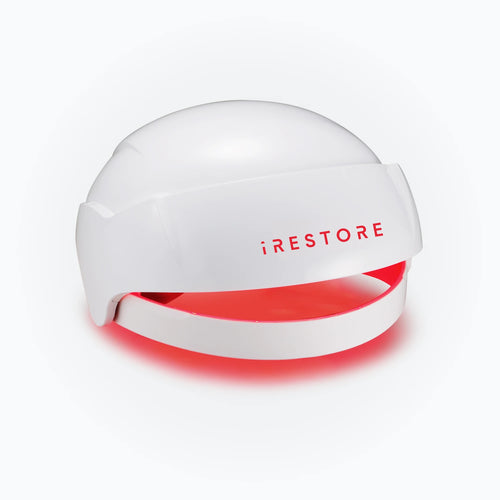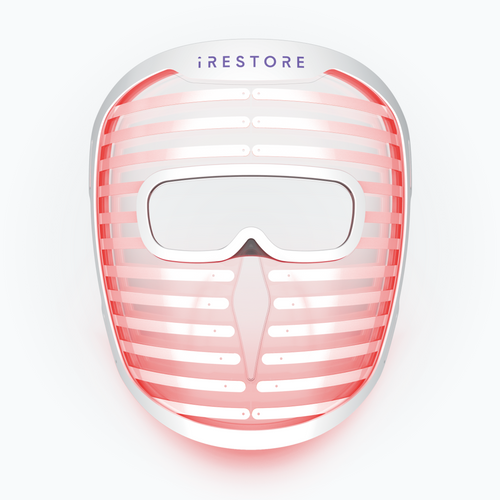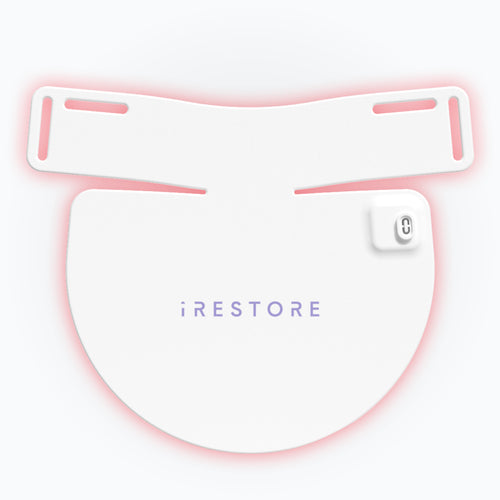
Menopausal Hair Loss: How It Can Cause Hair Loss

Being a woman comes with a variety of hormonal changes that you’ll see throughout your lifetime. So, it’s essential to know that when your hormones change, you often encounter effects that you should be aware of.
One defining moment of a woman’s life is menopause. And the symptoms of menopause can, of course, affect each woman differently. Whether it’s hot flashes, sleep issues, or mood swings, you’re bound to experience some traits out of the norm.
One change that many women experience but are not as well-known is hair loss. Losing your hair during menopause is not an indicator of something wrong, but it can be pretty shocking to many.
Here, we’ll take an in-depth look into menopausal hair loss and give some tips on what you can do to help handle it.
YOUR HAIR GROWTH CYCLE
Don’t panic if you start to see hair loss during menopause; it’s completely normal. Over 50% of women experience hair loss, and factors such as age, genetic factors, and diet play a role in experiencing hair loss during or after menopause.
However, the main reason for hair loss during menopause is the declining levels of estrogen and progesterone in your body.
Estrogen and progesterone are responsible for keeping your hair in the growing phase, which causes it to grow quicker and stay on your head longer. But when those hormonal levels drop, you’ll see your hair grow at a slower rate, along with more noticeable hair loss.
Your body also creates more androgens during menopause due to the lack of estrogen and progesterone. Androgens shrink your hair follicles, which leads to hair loss. Ironically, androgens can also increase hair growth in other parts of your body, such as on your face.
To better understand androgens and the different hair growth stages, check out our blog here regarding everything you need to know about the hair growth cycle!
The Four Stages of Hair Growth
As we’ve said before, daily hair loss is average so, it could be somewhat challenging to determine when the actual hair loss process begins. But you know your body and your hair, so it will likely become more evident to you at some point.
If you’re noticing excessive breakage or more hair falling out than usual, consider talking to a doctor about menopausal hair loss. You can monitor it by paying attention to if you see more hair on your pillow, in the shower, on the floor, or in your hairbrush.
And don’t worry, you shouldn’t expect to see sudden hair loss! Menopausal hair loss takes time and usually begins at your part-line and thinning at the front of the scalp.

Hair Shedding
Luckily, there are a handful of options to aid menopausal hair loss and thinning. From diet and lifestyle to supplements and treatment, be confident in knowing there are ways for you to address unwanted changes.
As mentioned previously, diet plays an essential role in managing hormones. Licensed naturopathic doctor Kate Denniston recommends an anti-inflammatory and low-glycemic diet to help with menopausal hair loss. She also recommends a higher-fiber diet to stabilize your blood sugar and discusses bringing ground raw flaxseed into your diet to help increase estrogen activity.
At iRESTORE, we recommend our delicious Biotin Vitamin Gummies, which are filled with your daily dose of vitamins and fatty acids needed to repair your hair back to its former health. And our Hair Growth Formula is a mixture of scientifically researched ingredients that helps overcome the effects of DHT, the hormone responsible for genetic hair loss.
It’s also suggested to transition from regular hot styling machines to an ionic hair dryer, which uses less heat to dry hair and causes minor damage to your hair shafts. And, as expected, you should steer away from chemical hair treatments.
For some, hormone therapy could be an option, but it would need to be explored under close medical attention. Since hormones play the most prominent role during menopausal hair loss, it could be beneficial to some. Through hormone therapy, women may notice an improvement in hair growth during treatment. However, this type of treatment would only be used if you’re experiencing multiple symptoms of menopause, not just hair loss.

Last but not least is the growing popularity of red light treatment to promote hair regrowth at the scalp. Red light therapy is fascinating and highly effective, and for more information on the specifics, read our blog on everything you need to know about the process.
At iRESTORE, our Elite, Professional and Essential hair growth devices are FDA-cleared to combat hair loss and hair thinning. By combining lasers and LEDs, we outshine other available devices, and people can expect to reverse thinning and see thicker hair within three to six months.
Our devices see optimal results when paired with our Thickening Duo, which is professionally created to revive thinning hair, invigorate hair follicles, and repair damaged hair.
So, when you start to notice some changes to your hair during menopause, revisit this blog and know that you are not alone! And that iRESTORE is your trusty support through these changes to aid in strengthening your hair.
Join us on Facebook Groups for more hair loss tips. https://t.jo.my/irestore-fb-group
